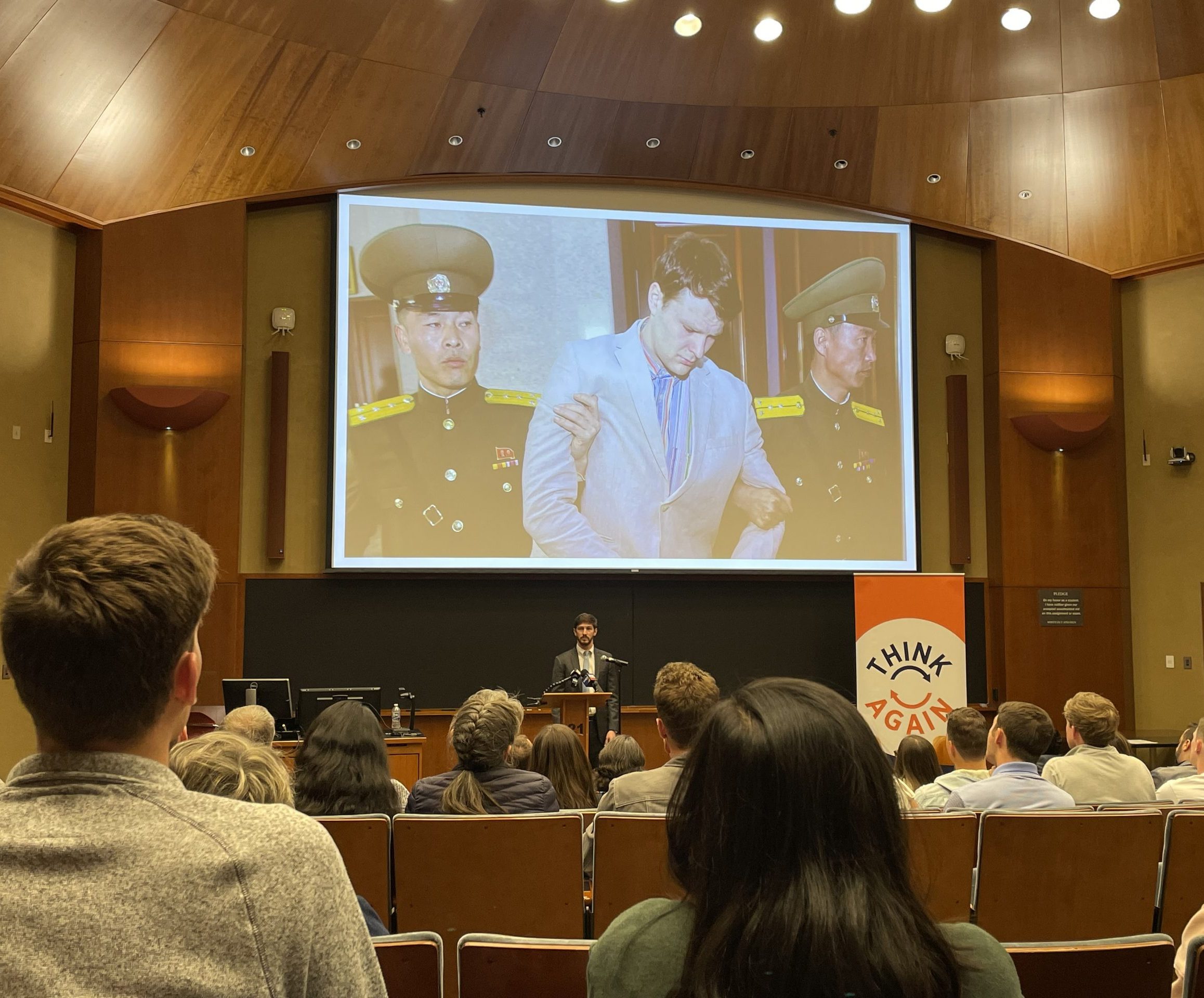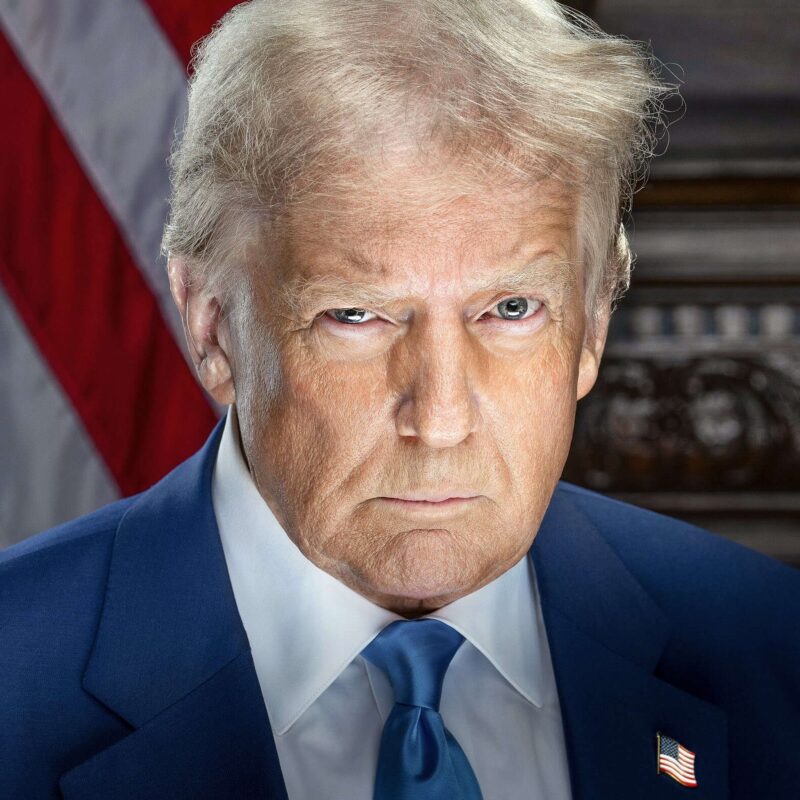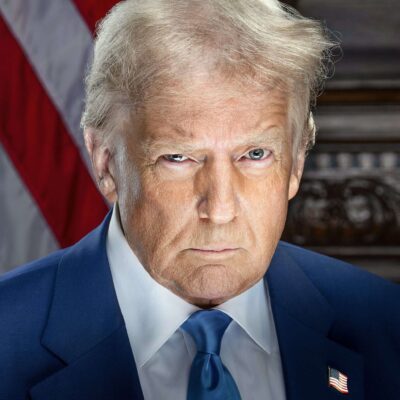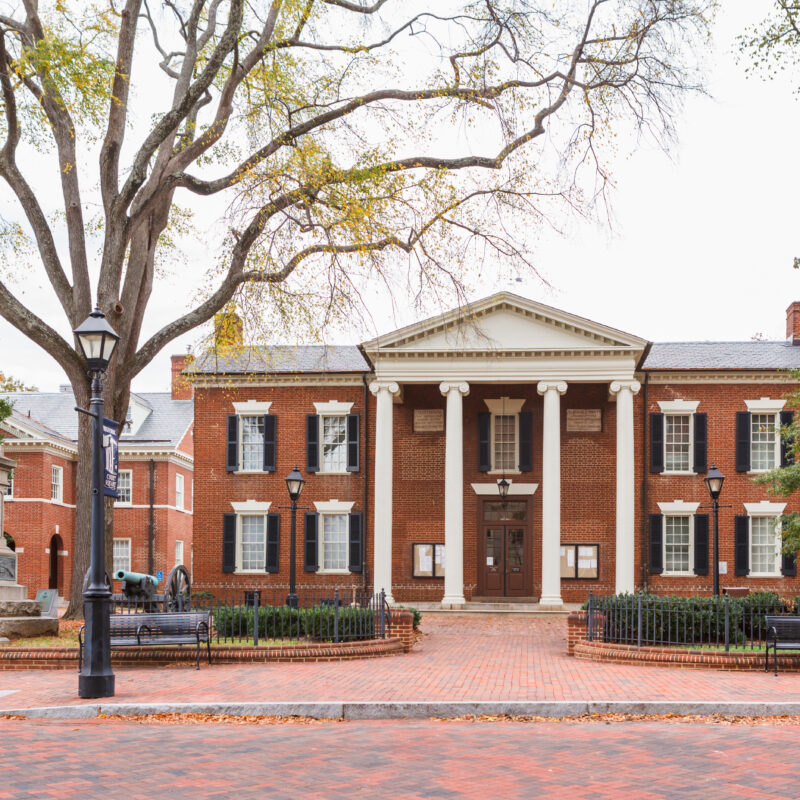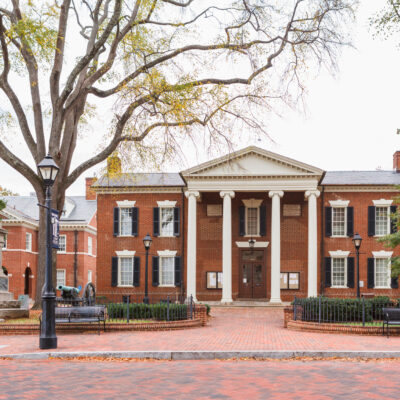For the first time since the death of their son Otto, Cindy and Fred Warmbier returned to the University of Virginia last week, as the fifth anniversary of his passing nears. While touring North Korea, the then-third-year UVA commerce student was accused of attempting to steal a political banner, and sentenced to 15 years in prison. After being imprisoned for 17 months, the 22-year-old was released back to the U.S. in a state of “unresponsive wakefulness” in June 2017. He died a week later.
Around 100 community members gathered in Nau Hall for the event, during which Warmbier’s parents and friends honored his life and impact. Think Again, a faculty-led initiative promoting free speech at UVA, hosted the gathering.
Warmbier’s parents called on their son’s friends in attendance to describe his character, and detailed what they have done to achieve justice for their son, including successfully suing North Korea and passing legislation against the country’s regime.
Class of 2017 alumnus Billy Burgess, Warmbier’s close friend and fraternity brother, described him as intelligent and loving. He described Warmbier’s support for his friends and affectionately called him “pretty weird” for his thrifted collection of Gucci sweaters and his love of ’80s and ’90s hip-hop culture.
Despite what happened to Warmbier in North Korea, Burgess encouraged the audience not to shy away from engaging in new experiences. “I think Otto would want you to go experience those cultures, to learn something new, to talk to somebody that you might not want to talk to initially, to reach out to a stranger,” he said.
North Korean defector and human rights advocate Yeonmi Park gave an emotional account of life under a dictator and her eventual escape. After leaving North Korea, Park struggled to find the words to explain the oppression she faced—she had never been given the vocabulary to describe it.
“In North Korea, we do not have the word stress, because how can you be stressed in a socialist paradise? We don’t have a word for depression. We do not even have a word for love,” she said.
UVA law professor Sai Prakash called into question the authenticity of Warmbier’s confession and said he was used to send a message to the United States and the world. Fred Warmbier later called the confession “a completely made up farce.”
While acknowledging the imperfections of the American justice system, Prakash placed it in direct contrast with the North Korean dictatorship.
“We have a system of rights, a system of checks and balances, a system of separated powers,” said Prakash. “Although we don’t always perfectly follow these rules, we try to do so, and our attempts, however imperfect, matter.”
The Warmbiers urged the audience not to walk away from the event with a sense of despair, but a desire to spread positivity.
“Otto was about positivity,” said Fred Warmbier. “If we don’t live a life of positivity, then what message does that send to our children and the rest of the world that [North Korea is] allowed to do this?”
